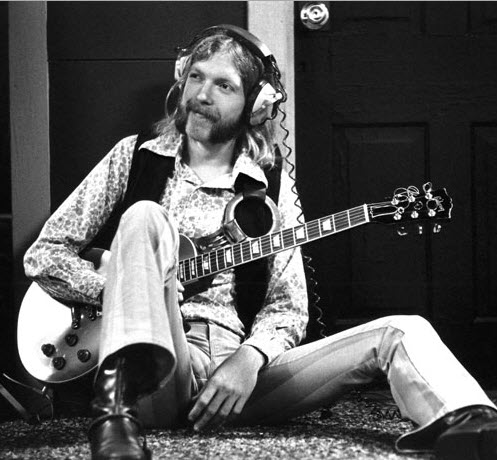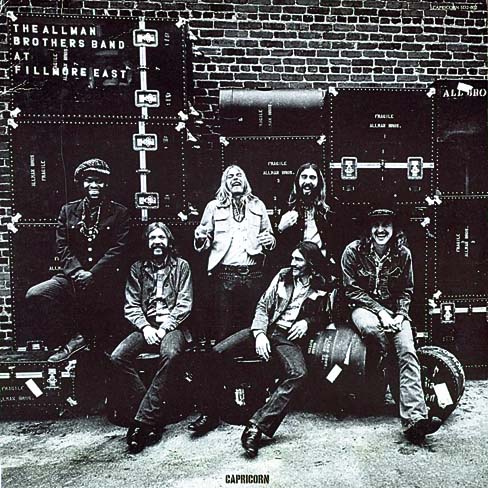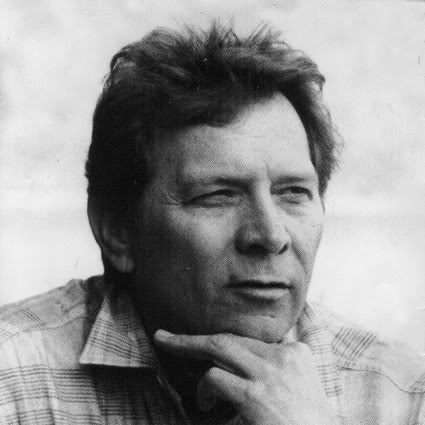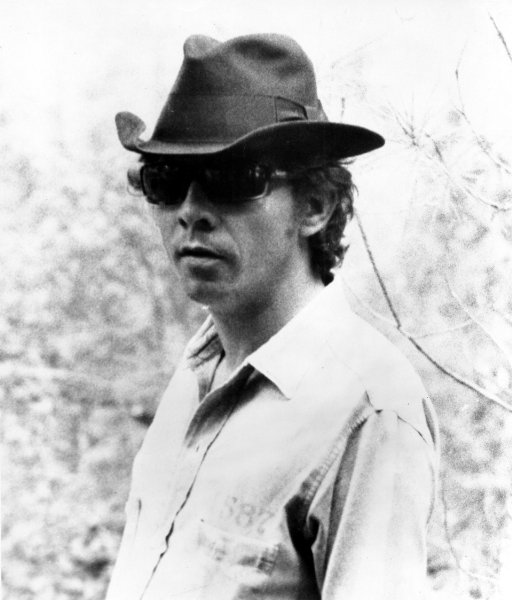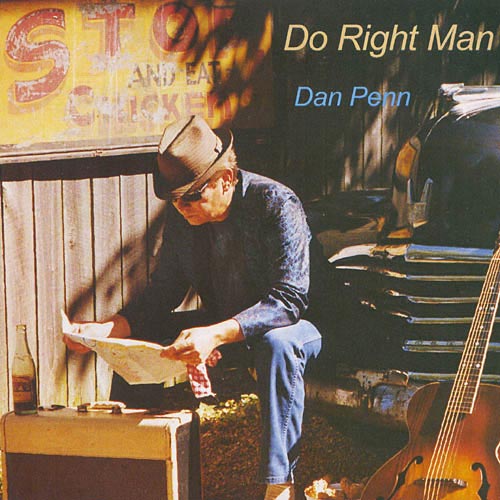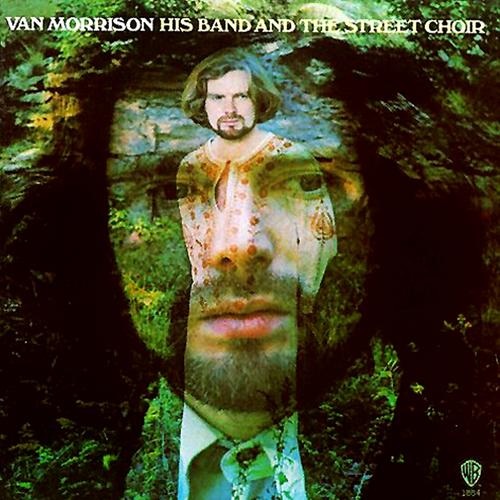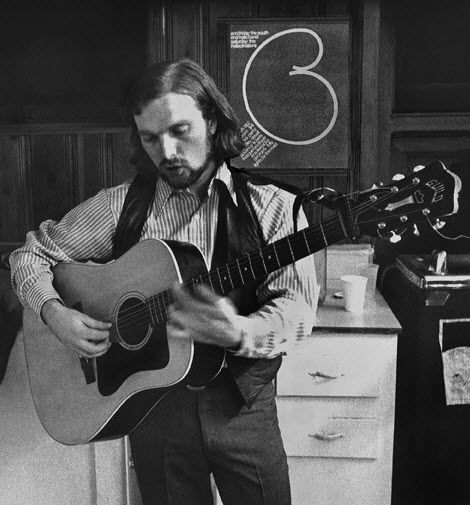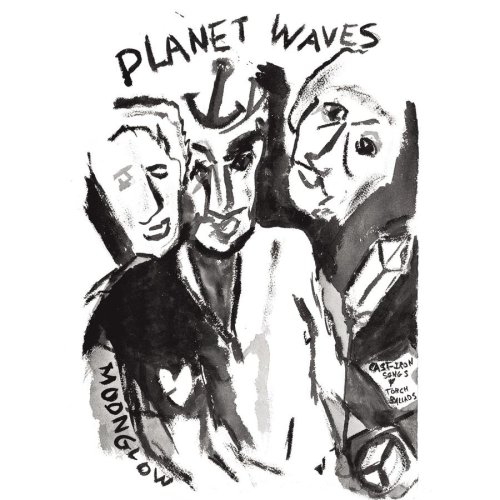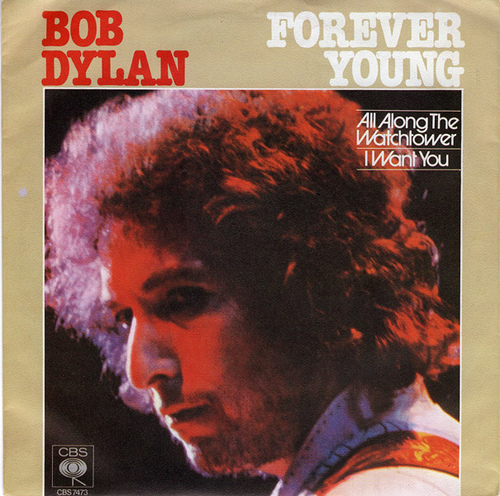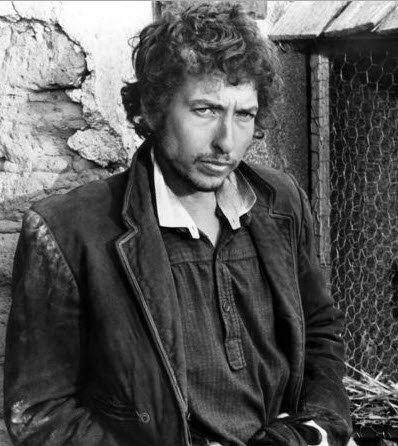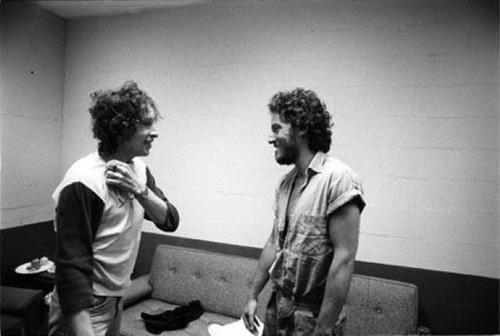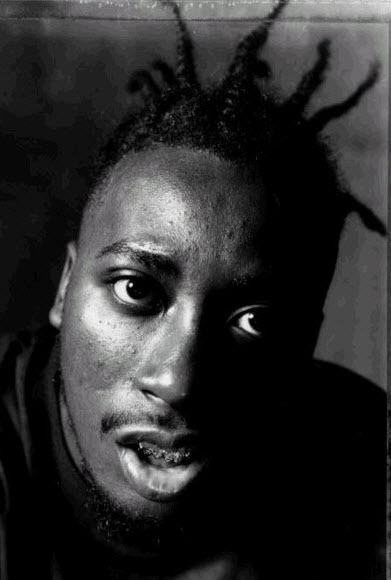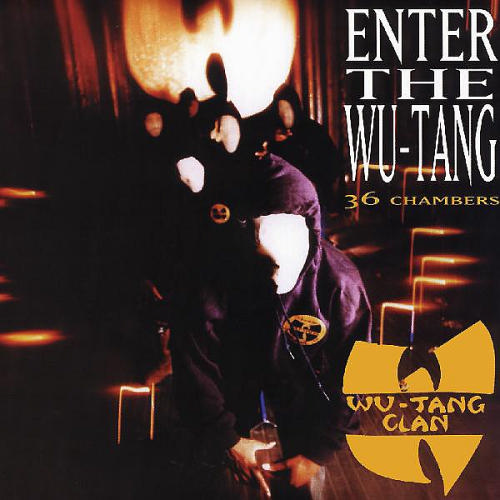“I will take love wherever I find it and offer it to everyone who will take it.., seek knowledge from those wiser than me and try to teach those who wish to learn from me.”
― Duane Allman
Nice tribute:
From Wikipedia:
| Birth name | Howard Duane Allman |
|---|---|
| Also known as | Skydog |
| Born | November 20, 1946 Nashville, Tennessee |
| Died | October 29, 1971 (aged 24) Macon, Georgia |
| Genres | Southern rock, blues, blues-rock, soul, rock, jazz |
| Occupations | Musician, songwriter |
| Instruments | Guitar, vocals |
| Years active | 1961–1971 |
| Labels | Mercury, Capricorn |
| Associated acts | The Hour Glass, Wilson Pickett,The Allman Brothers Band,Derek and the Dominos, Aretha Franklin, Herbie Mann, Gregg Allman, The Allman Joys |
| Website | AllmanBrothersBand.com |
Howard Duane Allman (November 20, 1946 – October 29, 1971) was an American guitarist, session musician and the primary leader and co-founder of the The Allman Brothers Band, until his death in a motorcycle accident in 1971 at the age of 24.
The Allman Brothers Band was formed in 1969 and, unusual for the time, based in the Southeastern United States. In the early 1970s the band was hugely successful. Duane is best remembered for his brief but influential tenure in the band, and in particular for his expressive slide guitar playing and inventive improvisational skills. In 2003, Rolling Stone magazine ranked Allman at #2 in their list of the 100 greatest guitarists of all time, second only to Jimi Hendrix and in 2011 he was ranked #9. His tone (achieved with a Gibson Les Paul and two 50-watt bass Marshall amplifiers) was named one of the greatest guitar tones of all time by Guitar Player.
Allman Brothers – Whipping Post, 9/23/70:
A sought-after session musician both before and during his tenure with the band, Duane Allman performed with such established stars as King Curtis, Aretha Franklin, Wilson Pickett, and Herbie Mann. He also contributed heavily to the 1970 album Layla and Other Assorted Love Songs by Derek and the Dominos.
Duane Allman’s skills as a guitarist were complemented by personal qualities such as his intensity, drive and ability to draw the best out of others in making music. He is still referred to by his nickname “Skydog”.
Allman Brothers – In Memory of Elizabeth Reed, 9/23/70:
From rollingstone.com (100 greatest guitarists):
If the late Duane Allman had done nothing but session work, he would still be on this list. His contributions on lead and slide guitar to dozens of records as fine and as varied as Wilson Pickett’s down-home ’69 cover of “Hey Jude” and Eric Clapton’s 1970 masterpiece with Derek and the Dominos, Layla and Other Assorted Love Songs, constitute an astounding body of work. But Allman also transformed the poetry of jamming with the Allman Brothers Band, the group he founded in 1969 with his younger brother, singer-organist Gregg. Duane applied the same black soul and rebel fire he displayed as a sideman to the Allmans’ extended investigations of Muddy Waters and Blind Willie McTell covers and to his psychedelic-jazz interplay with second guitarist Dickey Betts in live showpieces such as “Whipping Post.” Although Duane and Gregg had played in bands together since 1960, Duane did not learn to play slide until shortly before the start of the Allmans. In his only Rolling Stone interview, in early’ 71, Duane said that the first song he tried to conquer was McTell’s “Statesboro Blues.” Allman’s blastoff licks in the recording that opens his band’s third album, At Fillmore East, show how far and fast he had come — and leave you wondering how much further he could have gone. In October 1971, eight months after the Fillmore East gigs, Allman died in a motorcycle accident in the band’s home base of Macon, Georgia. -> Read more: rollingstone.com
Album of the day:
Stepehen Thomas Erlwine (allmusic.com):
Whereas most great live rock albums are about energy, At Fillmore East is like a great live jazz session, where the pleasure comes from the musicians’ interaction and playing. The great thing about that is, the original album that brought the Allmans so much acclaim is as notable for its clever studio editing as it is for its performances. Producer Tom Dowd skillfully trimmed some of the performances down to relatively concise running time (edits later restored on the double-disc set The Fillmore Concerts), at times condensing several performances into one track. Far from being a sacrilege, this tactic helps present the Allmans in their best light, since even if the music isn’t necessarily concise (three tracks run over ten minutes, with two in the 20-minute range), it does showcase the group’s terrific instrumental interplay, letting each member (but particularly guitarist Duane and keyboardist/vocalist Gregg) shine. Even after the release of the unedited concerts, this original double album (single CD) remains the pinnacle of the Allmans and Southern rock at its most elastic, bluesy, and jazzy.
Other November 20:
Continue reading Today: The late Duane Allman was born in 1946 – 66 years ago


